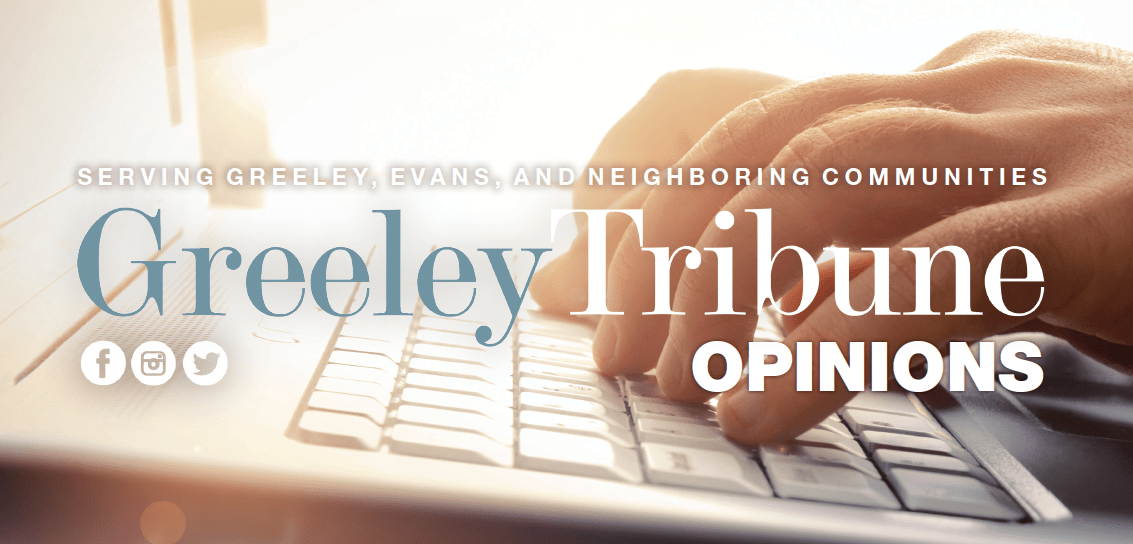Recent statements made by former President Donald Trump regarding tariffs have reignited discussions about the economic principles championed by his predecessor, Ronald Reagan. In a message on Truth Social, Trump claimed that a Canadian television advertisement misrepresented Reagan’s views on tariffs, asserting that “Ronald Reagan did not like tariffs,” when, in fact, Reagan had expressed strong opposition to them.
In a radio address delivered on April 25, 1987, Reagan articulated his belief that trade barriers ultimately harm American workers and consumers. He stated, “Over the long run, such trade barriers hurt every American worker and consumer.” Additionally, he emphasized the United States’ obligation to promote economic prosperity through free trade, warning that “high tariffs inevitably lead to retaliation by foreign countries and the triggering of fierce trade wars.” Reagan’s commitment to free trade was underscored by his reference to the economic turmoil of the 1930s, which he sought to prevent through his policies.
As the current political landscape shifts, questions arise about the Republican Party’s stance on trade. Reagan’s remarks indicate a clear division between his vision and the approach taken by some contemporary leaders. Andrew Morehead from Greeley reflects on this transformation, highlighting Reagan’s caution against those prioritizing short-term political gains over long-term prosperity.
The discussion then transitions to the state of healthcare in the United States, where contrasting systems around the world prompt critical reflection. Countries like Canada and Mexico offer universal healthcare, leading to the question: why does the United States, despite being one of the wealthiest nations, struggle to provide similar access?
Lauren Bouche from Brighton notes that many countries with authoritarian regimes, including Cuba and Venezuela, manage to offer healthcare to all citizens. This disparity raises concerns about the efficacy of the U.S. healthcare system, which is characterized by high costs and complex insurance arrangements. Bouche argues that the profit-driven nature of healthcare corporations compromises the quality and accessibility of care.
The current state of U.S. healthcare is marred by rising costs, even as Congress claims to fight for affordability. The complexity of insurance plans, coupled with the influence of pharmaceutical companies, poses significant challenges for comprehensive reform. Bouche advocates for a system where all individuals contribute and receive coverage, suggesting that such a model could potentially halve healthcare costs.
As the ongoing debate unfolds, both Morehead and Bouche echo a sentiment of urgency for change. They highlight the need for politicians to prioritize the well-being of all citizens over the interests of powerful lobbying groups. The contrast between Reagan’s historical warnings and the current political climate serves as a reminder of the ongoing struggle between economic principles and political expediency in shaping American policy.








































































